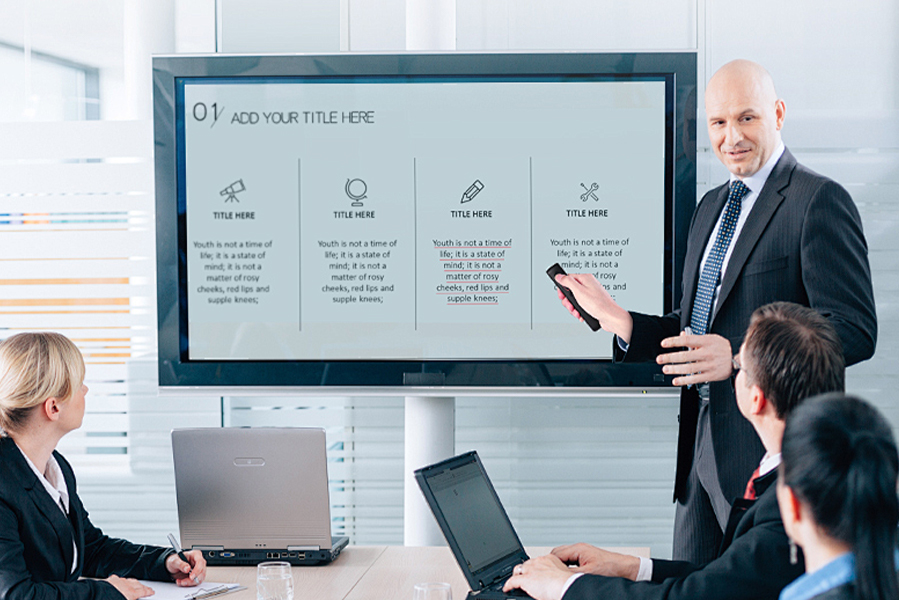Introduction
Effective time management is crucial for success and reducing stress. Mastering some time management techniques can help you plan better and increase efficiency in both work and life. Here are a few practical time management tips.
Set Clear Goals
Clear goals help you focus and avoid wasting time. Set short-term and long-term goals, ensuring they are specific, measurable, and achievable. Using the SMART criteria (Specific, Measurable, Achievable, Relevant, Time-bound) for goal setting helps enhance execution.

Prioritize Tasks
Prioritize tasks, starting with the most important and urgent ones. Use the “Eisenhower Matrix” to categorize tasks into four quadrants: important and urgent, important but not urgent, urgent but not important, and neither important nor urgent. This helps you focus on critical tasks and avoid getting bogged down in minor details.
Make a Plan
Create daily or weekly plans, breaking them into specific tasks and activities. Use a calendar or task management tool to schedule time for each task, ensuring every task has a clear time allocation. Regularly review your plan and adjust as needed.
Minimize Distractions
Reduce distractions during work to boost efficiency. For example, turn off unnecessary notifications and apps, and set your phone to silent. Establish a dedicated workspace and maintain focus during work periods.
Conclusion
Effective time management improves work efficiency, reduces stress, and enhances quality of life. By setting clear goals, prioritizing tasks, making a plan, and minimizing distractions, you can better manage your time and achieve a balance in life and work.
References
· Harvard Business Review. (2024). The Art of Time Management. Source: hbr.org
· Personal Development Institute. (2024). Effective Time Management Techniques. Source: personal-development.org
Gates Foundation. (2024). Best Practices in Time Management. Source: gatesfoundation.org

 FR
FR
 EN
EN




